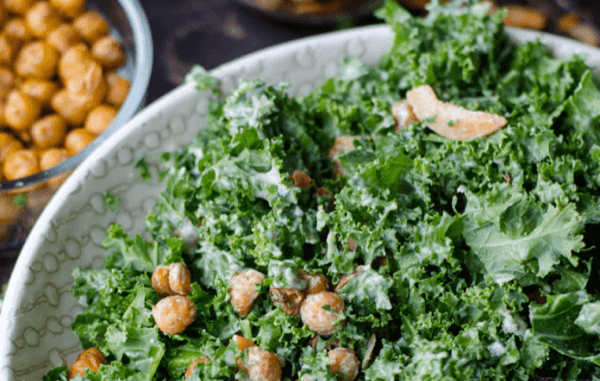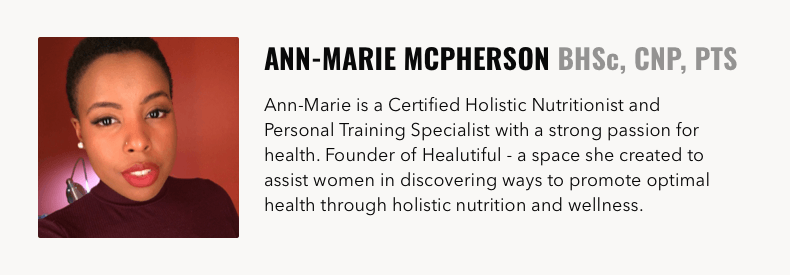Many factors can impact our range of motion. The most common ones are injury or muscle tightness when we don’t stretch before and after a workout. One factor that is commonly overlooked is the role of inflammation. Anti-inflammatory foods can improve our flexibility while pro-inflammatory diets can increase inflammation.
Inflammation stems from previous injuries, constant strenuous exercise, poor diet and nutrient deficiencies. How can we use food to reduce inflammation and improve our flexibility? Here I will be going into some tips on how diet and lifestyle changes can help you meet your flexibility goals.
Overview
- What is Inflammation?
- Acidic Diet and Inflammation
- Alkaline Diet and Inflammation
- Anti-Inflammatory Foods to Improve Flexibility
What is Inflammation?
Inflammation is the body’s natural response to an injury at the cellular level. The body attempts to remove damaged tissues and toxins in order to start the healing process. When an area of our body is inflamed, it is marked by symptoms of redness, swelling, heat, and pain in the area of injury (1).
Everyone experiences mild forms of inflammation from time-to-time. It is essential when recovering from injury, illnesses, and for your muscles recover after a workout. The symptoms should subside within a couple of days. In cases of severe injury, chronic illness, stress, and autoimmune disorders (such as arthritis and an allergic reaction), inflammation can last for weeks or even years. Extended periods of pain would be considered chronic inflammation (2).

Acidic Diets Increase Inflammation
An acidic diet, also known as a pro-inflammatory diet, consists of foods that hold very little nutritional value. Not only does it contribute to nutritional deficiencies, but it also increases stress and inflammation in the body which restricts joint flexibility. Some examples of acidic foods are:
- Processed meats
- Sugar
- Trans and saturated fats
- Refined grains such as white pasta, bread, and pastries
- Fried foods
- Carbonated beverages
- Processed high sodium foods (ex., chips, cheese, some microwave dinners)
Alkaline Diets Reduce Inflammation
An alkaline diet, also known as an anti-inflammatory diet consists of foods that are rich in antioxidants, vitamins and minerals, and unrefined grains. It is also rich in essential fatty acids (EFAs) that reduce inflammation in the body and promote flexible joints. Here is a list of common alkaline foods and their anti-inflammatory benefits.
Anti-Inflammatory Foods to Improve Flexibility
1) Vitamins and Minerals
A diet consisting of Fresh leafy greens and berries provide much of the needed vitamins and minerals required in your daily intake. One of the most noteworthy minerals that can help combat inflammation is magnesium. Magnesium when paired with calcium, helps your body maintain bone strength. It is also an essential mineral for relaxation and has been shown to reduce muscle tightness (3). Foods that are rich in Magnesium, as well as other essential vitamins and minerals include:
- Leafy greens such as kale, spinach, and collard greens
- Cacao
- Legumes such as black beans
- Almonds and cashews
- Broccoli
- Blackberries
- Avocados

These foods are also great sources of potassium and calcium, which help with maintaining heart strength, and improving the circulation in areas of recovery.
2) Essential Fatty Acids (EFAs)
EFAs are fats that are essential to the body to not only help with brain and cardiovascular health but also reduce inflammation and improve recovery in the body as well. One common EFA is called Omega-3, which can be found in the following foods.
- Fatty fish such as salmon, sardines, and anchovies
- Nuts and seeds such as almonds, flaxseeds, chia seeds, and hemp seeds
- Some plant sources also include avocados and brussel sprouts

3) Whole Grains
Not all carb sources are bad for you and cause inflammation. Grains are not only rich in fiber but are also high in B vitamins, which is essential for nerve function and reducing chronic stress and inflammation in the body. Eating the right amount of complex carbohydrates can have some anti-inflammatory benefits in itself. Some grains that have anti-inflammatory effects include:
- Quinoa
- Amaranth
- Buckwheat
- Brown rice
- Whole oats
- Rye

Takeaway
Inflammation is a natural and necessary recovery response in the body but can become problematic when it lasts longer than a couple of days or becomes chronic. When our body is inflamed for too long, chronic pain, muscle tightness, and reduction of range of motion can be a result. Maintaining a diet that consists of plenty of greens, EFAs, whole grains, herbal supplements and water can help combat chronic inflammation while improving your overall flexibility.





